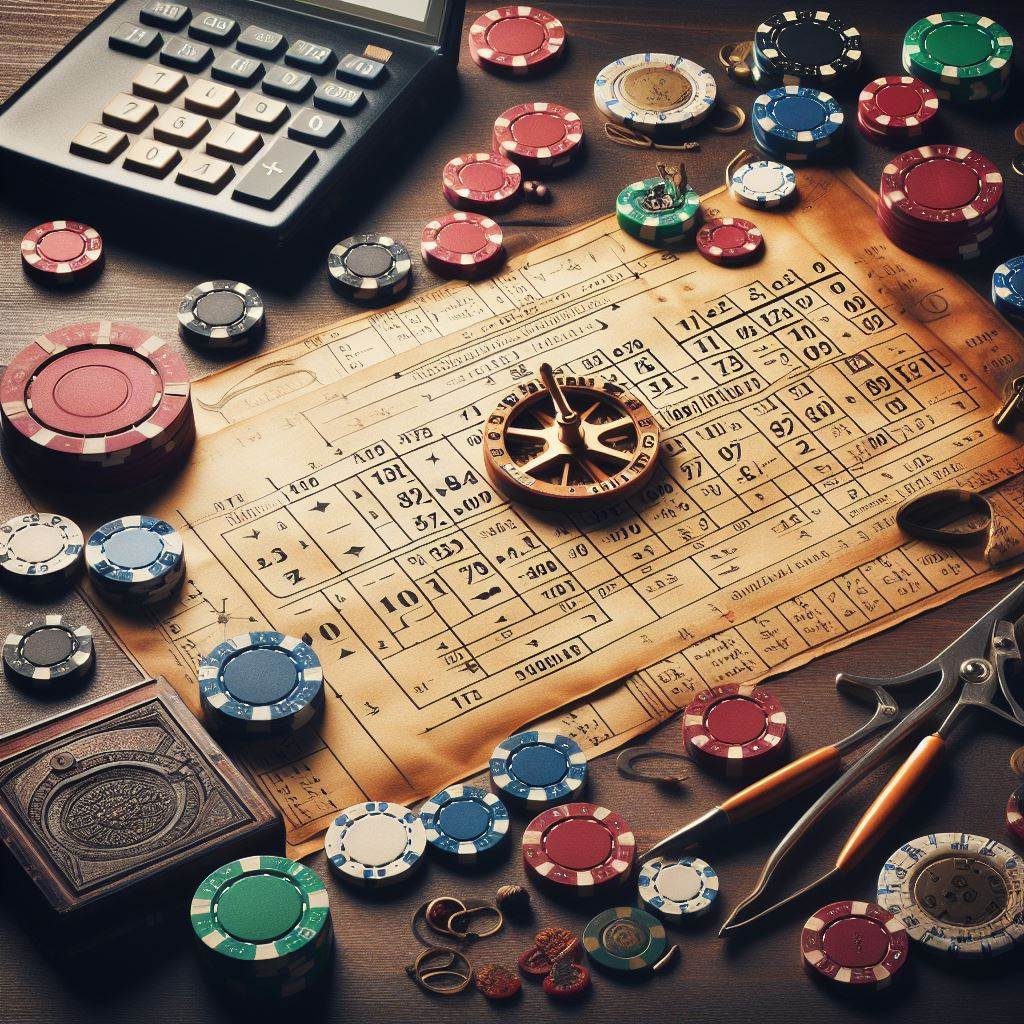
Poker, a game that blends skill, strategy,Probabilities in Casino Games and a bit of luck, has long fascinated players around the globe. Beyond the psychological battles and strategic maneuvers lies a foundation built on mathematical principles. Understanding the mathematics of poker, particularly the analysis of odds and probabilities, is crucial for players aiming to make informed decisions and increase their chances of success. This article delves into the core mathematical concepts that govern the game, offering insights into how players can use this knowledge to gain an edge over their opponents.
The Basics of Poker Mathematics
At its heart, poker math involves calculating the odds of certain outcomes. This can range from the simple—determining the probability of getting a specific card—to the complex, such as calculating the pot odds and expected value of a hand in various scenarios. A firm grasp of these basics allows players to assess the strength of their hand and the likelihood of it improving, providing a solid foundation for strategic decision-making.
Probability and Hand Odds
The probability of drawing a particular hand or card can be calculated using basic combinatorial mathematics. For instance, knowing that a standard deck contains 52 cards, with 13 of each suit, players can calculate the odds of being dealt certain hands pre-flop. Similarly, understanding the concept of “outs,” or cards that can improve one’s hand, is vital. By calculating the number of outs and comparing them to the number of unknown cards remaining, players can estimate the likelihood of achieving a winning hand.
Pot Odds and Expected Value
Pot odds represent the ratio between the size of the pot and the size of the bet required to stay in the hand. By comparing pot odds to the odds of winning a hand, players can make decisions that are mathematically favorable in the long run. Closely related is the concept of expected value (EV), which quantifies the average outcome of a decision over time. A positive EV indicates a profitable play, while a negative EV suggests a loss over time. Mastering these concepts allows players to make decisions that maximize their potential winnings while minimizing losses.
Implied Odds and Reverse Implied Odds
Implied odds extend the concept of pot odds by considering not just the current pot, but also the additional amount a player expects to win if they hit their hand. Conversely, reverse implied odds account for situations where hitting a hand might not result in a win, due to the opponent having an even stronger hand. These concepts require a deep understanding of the game and the ability to read opponents, as they rely on predictions about future betting.
Risk Management and Bankroll Management
Effective risk management is crucial in poker, and mathematical principles play a key role. Players must understand variance, the statistical measure of how much outcomes can differ from expectations. This understanding helps in managing bankroll fluctuations, ensuring that a player can withstand the game’s inherent volatility without going bust.
The Role of Psychology and Mathematics
While mathematics provides a framework for decision-making, poker is also a game of incomplete information and psychological warfare. The best players combine mathematical prowess with an ability to read opponents and situations, adapting their strategies accordingly. This blend of skills ensures that poker remains a challenging and dynamic game.
Leveraging Technology for Mathematical Analysis
Advancements in technology have provided players with tools to better understand and apply poker mathematics. Software and apps can help calculate odds, simulate hands, and analyze opponents’ tendencies, offering players insights that were once accessible only to the most experienced professionals.
Conclusion
The mathematics of poker is a vast and complex field, offering a rich avenue for players to explore and improve their game. By understanding and applying the principles of odds, probabilities, expected value, and risk management, players can make more informed decisions, enhancing their strategic approach and increasing their chances of success at the casino tables. Whether a novice or a seasoned pro, embracing the mathematical underpinnings of poker can transform one’s approach to the game, merging the precision of math with the art of strategy.





